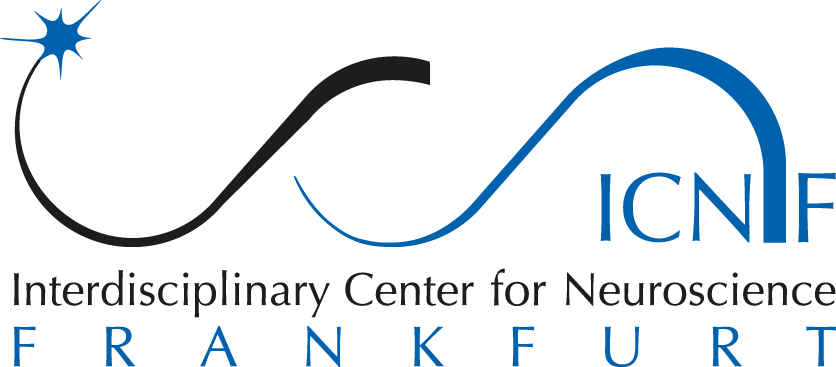
Prof. Amparo Acker-Palmer
Institute of Cell Biology and Neuroscience
Cluster of Excellence Macromolecular Complexes (CEF)
Max-von-Laue-Str. 15
60438 Frankfurt am Main
Tel.: +49 (0)69 798 42563
E-Mail: Acker-Palmer@bio.uni-frankfurt.de
Scientific Focus
The main purpose of our research is to study neuronal and vascular networks with focus on cell-cell communication via the ephrin/Eph system and their crosstalk with other angiogenic and neurotrophic factors. A growing body of evidence is emerging for common molecular mechanisms shared by nerves and blood vessels to grow, pattern and navigate. Eph receptors and ephrin ligands were the first example of axon guidance cues involved in the development of the vascular system. Moreover, over the last two decades, developmental biology has focused on the elucidation of the signaling pathways that shape the embryo. Now, it has been appreciated that such programs often govern analogous mechanisms in adult tissues. This is also very well represented by the EphB/ephrinB system. Therefore, our studies are not limited to embryogenesis but also extend to plasticity phenomena in the adult.
Our main goal is to understand the molecular mechanisms of cell-to-cell communication through Eph and ephrins in the context of nervous system development and function. Using modern proteomics (Tandem Affinity Purification-TAP technology) we have started to dissect the nature of the signaling complexes acting downstream of ephrinB ligands, both in a phosphotyrosine dependent manner and involving PDZ containing proteins as signal transduction scaffolds. Our studies have identified a signaling complex containing Grb4 and GIT1 that is involved in the regulation of spine formation by ephrinB ligand signaling. Our work shed light onto the molecular mechanisms that might underlie ephrinB reverse signaling function in important processes involving spine morphogenesis such as synaptic plasticity. Functionally at the synapse, we are studying ephrinB reverse signaling specifically in the context of AMPA receptor trafficking. During nervous system development we are also interested in the role of glutamate interacting protein 1 (GRIP1) and ephrinB ligands in the process of dendritogenesis. Another main focus of our lab is to understand the molecular mechanisms of ephrinB reverse signaling underlying its function in neuronal migration events both during cortical development as well as in plasticity phenomena such as adult neurogenesis.
Methods
To study the influence of the Eph/ephrin system in the nervous and vascular systems we employ different cellular models including rat and mice primary cortical and hippocampal neurons, endothelial and endothelial precursor cells. As an animal model we use the mouse, including different transgenic as well as genetically modified mouse lines. We use a broad range of biochemical and cell biology methods, such as in vitro kinase assays, immunoprecipitation, Immunofluorescence and various migration, repulsion/adhesion and proliferation assays. We also use innovative techniques like time lapse imaging for the study of cell adhesion/repulsion induced by Eph and ephrin signaling. Moreover, my laboratory has successfully applied the TAP technology in the mammalian system, both in primary cells and in transgenic mice.
